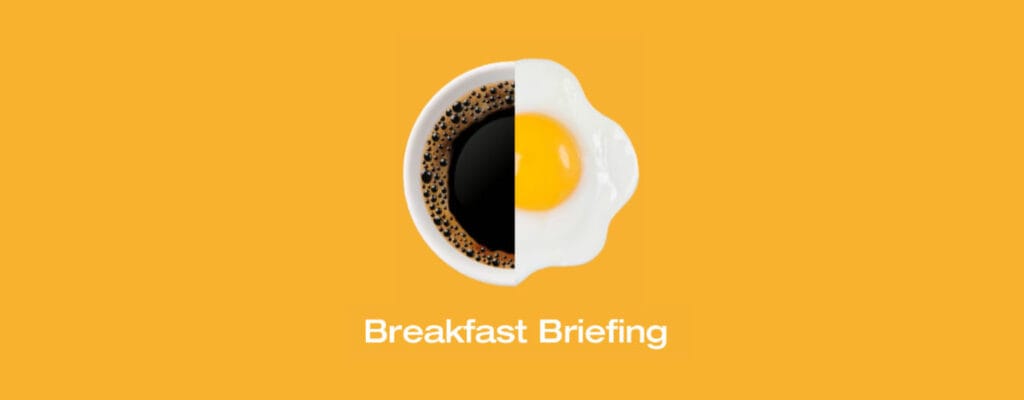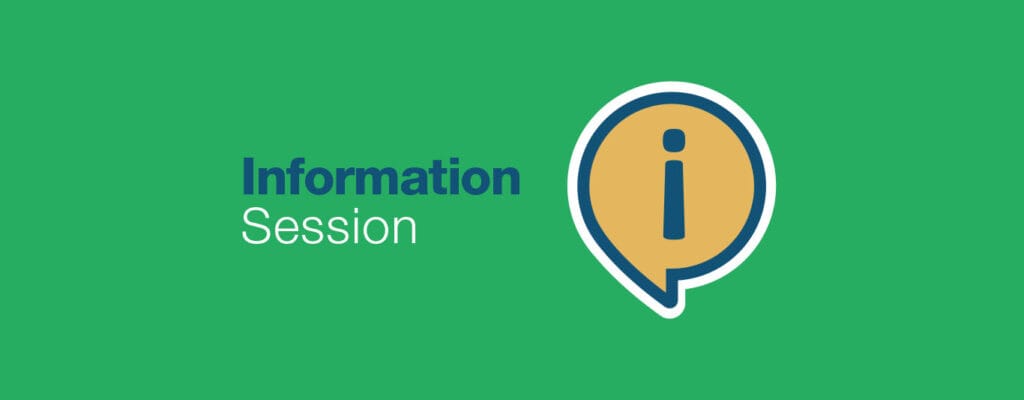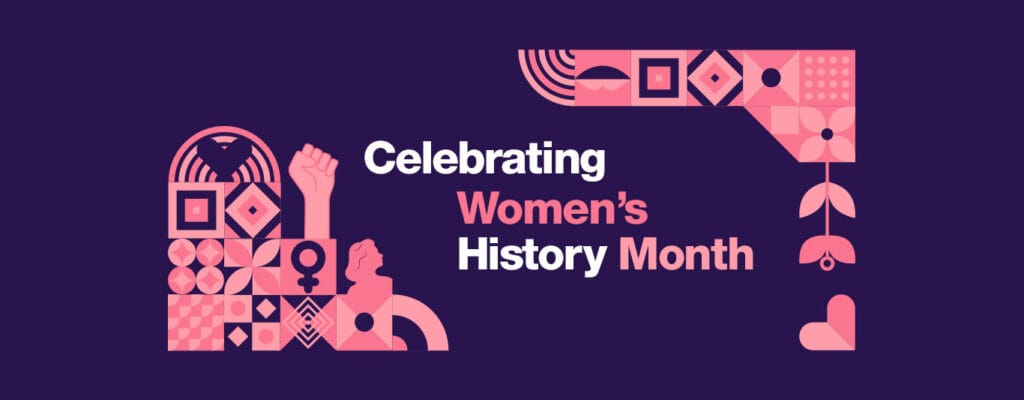Last week our executive director, Kelly Hunter, was a featured speaker during a session at the second Building a Grad Nation Summit in Washington. The Summit, sponsored by America’s Promise Alliance, gathered teachers, school administrators, policymakers, organization and community leaders, and funders to further a commitment to ending the dropout crisis in the United States and preparing young people with the skills they need for success in college and the workforce.
The session in which Kelly participated, titled “Hitting the Mark on Third Grade Reading,” brought together experts in the field of early childhood literacy to share their own organizations’ strategies for helping all students read by third grade. Reading by third grade is a critical milestone for students, as it represents the turning point in which they transition from “learning to read” to “reading to learn.” According to a study by the Annie E. Casey Foundation, children who do not meet this academic landmark are four times more likely to not graduate from high school, indicating a direct link between early literacy education and high school graduation rates.
Students who do not read by third grade are in many cases from low-income communities and neighborhoods, where schools often lack the funding to provide adequate classroom resources, such as books, to enhance instruction. Rob Fairchild, senior consultant at the
Campaign for Grade-Level Reading and president and CEO of Smarter Learning Group, shared a powerful statistic about income and book availability during his presentation at the session: in middle-income neighborhoods, there is a ratio of 13 age-appropriate books per child while in low-income neighborhoods there is only one such book for every 300 children. With so few resources available, it can be difficult for teachers in these communities to try to improve literacy instruction on their own.
In her presentation, Kelly discussed the ways in which CLI Model Classrooms help to develop teachers’ best practices by providing them with the training, coaching, and resources necessary to improve literacy instruction in K-3 classrooms in some of the nation’s most underserved areas. With this knowledge and skill set, teachers are able to help students improve their reading and writing early in their academic careers to ensure they have the skills necessary to succeed in middle school, high school, and beyond.
CLI’s work isn’t just with teachers in classrooms, however. We also work with principals, assistant principals, and other administrators to develop their presence as literacy leaders and to help create a supportive and sustainable learning environment for both students and teachers throughout their school. In Camden, NJ, CLI has partnered with local educational publisher
Townsend Press to develop the Camden Literacy Project, a multifaceted program that engages parents and families through training sessions and provides high-quality books to K-3 students to help promote reading during summer break. CLI will also hold teacher institutes over the summer to train teachers on CLI’s research-based techniques for enhancing literacy instruction as part of the Camden Literacy Project.
It is through our work with teachers, principals, literacy coaches, and staff in schools and districts, as well as through our partnerships with organizations like Townsend Press, that CLI is helping to build a nation of high school graduates by working to ensure that all students, including those in low-income communities, have the high-quality educators and resources they need to read by third grade.






